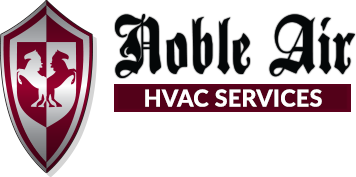Everyone knows to change home air filter on a regular basis, but, what most consumers don’t know is just how important it is, or even, their actual primary function. To keep a system working properly and to make your home comfortable, you probably change the air filter once a month, every two months, every three months, or, perhaps less often.
Most of us go by the packaging, reading the label and comparing price when we buy a new filter. There’s certainly nothing wrong with doing so, but it’s what you don’t know that can have an adverse impact on your residential system.
Choosing the Right Air Filter for Your Home
Choosing the right air filter for your home is quite important because it is a critical component to your home HVAC system. Here in the great state of Arizona, particularly in the Valley of the Sun, you heavily rely on your air conditioner to keep you and your family cool and comfortable during those super hot summer months. That’s no secret, but, too many homes have insufficient maintenance practices.
Check your filter every month, especially during heavy use months (winter and summer). If the filter looks dirty after a month, change it. At a minimum, change the filter every 3 months. A dirty filter will slow down air flow and make the system work harder to keep you warm or cool — wasting energy. A clean filter will also prevent dust and dirt from building up in the system — leading to expensive maintenance and/or early system failure. —EngeryStar.gov
We all have busy lives and often take for granted just how important our heating and air systems really are, that is, until there’s a problem. Sure, we might jot down a reminder, put a note on the calendar, or even tap a quick reminder note in our smartphones, but that doesn’t cut it. It’s far better and more wise to make the right decision about which air filter to use and what else you can do to keep your HVAC system in good condition. Here are some helpful tips to keep in mind:
- It’s a lot more about your system than air quality. Because of sleek marketing messaging, consumers are lead to believe that air filters are all about improving air quality. However, their primary function is to protect your system. Think of it this way, your system runs cyclically, or, off and on during the day and night. That means, when it’s off, it’s not improving air quality. This fact reveals a filter’s actual function is to keep harmful system particles at bay.
- Don’t sabotage your heat exchanger. High-efficiency filters may sound like a really good choice, but some do too good a job, which means they essentially slowly damaging your system. This is because air flow across the heat exchanger is slowed, which in-turn, reduces the unit’s efficiency, using more power, while causing harm to your system.
- Be protective of your system’s condensing coils. In addition to compromising your heat exchanger, high-efficiency filters can also cause the condensing coils to freeze — just like a dirty filter.
So, change your filter regularly, and have your unit serviced because relatively small problems can fester and become much larger, and, quite expensive.

